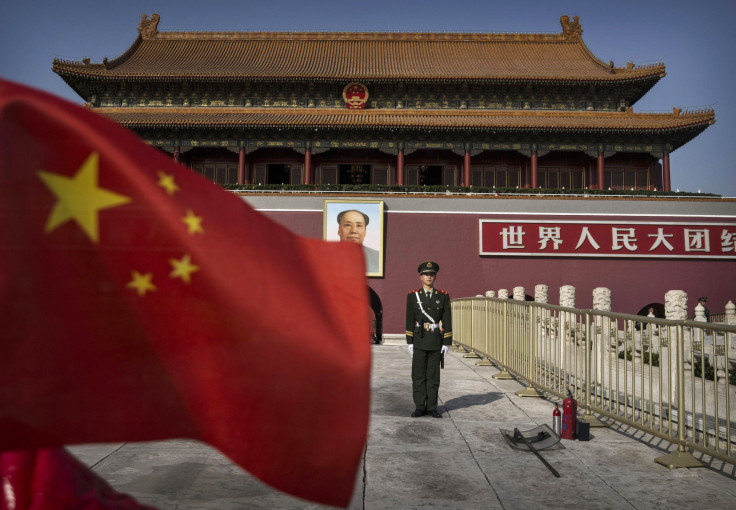Toronto District School Board Votes To Cancel Confucius Institute Partnership After Local Opposition

The largest school district in Canada has cancelled a deal with the Chinese-government controlled Confucius Institute, following sustained local opposition to the proposed partnership.
The Toronto District School Board, or TDSB, voted Wednesday to terminate the agreement, which would have seen elementary school students in the district being taught Mandarin and offered other cultural programs controlled by China's Ministry of Education, according to a report from Canada's Globe And Mail. The vote, which passed by 20-2, apparently reflected the concerns felt locally about the involvement of the Chinese government in Canadian school operations.
“It is clear to me that this partnership is not aligned with TDSB and community values, and its continuation is not appropriate,” Trustee Pamela Gough said in an email before the vote, cited by the South China Morning Post. “My concern is that the Confucius Institute is directly controlled by the Communist Party of China, and there is irrefutable evidence that the party exerts its influence through [the institute], for example in restricting freedom of speech on the part of [its] teachers hired in China."
There had been effective local opposition to the partnership, with a petition on Change.org demanding that the partnership be dropped attracting over 3,000 signatures.
The Confucius institutes, at the forefront of China's cultural diplomacy, have attracted far more controversy than their French or German equivalents, for example. The institutes have been the subject of criticism in several countries, with claims that they are a mouthpiece for China's ruling Communist Party, restrict academic freedom and conduct surveillance of Chinese students abroad.
According to a report from the Toronto Star, critics claim that the institutes require their teachers to deny that the Tiananmen Square massacre took place, and to avoid any discussion of Tibet, the Dalai Lama, Falun Gong or other topics that the Chinese government deems to be sensitive.
In September of this year, the University of Chicago closed down a Confucius Institute on its campus, after about 100 professors signed a petition that expressed concerns about its effect on academic freedom and urged its closure, according to Reuters.
China's foreign ministry spokeswoman Hua Chunying, quoted by Canadian news agency CBC, rejected criticism of the institute, stating, after similar previous cancellations, that it was "impossible" that the programs would threaten academic freedom or integrity.
The cancellation will likely inflame tensions between the two nations, ahead of a planned visit by Canadian Prime Minister Stephen Harper to China next week.
This latest incident will not be the only conflict that China has had with Canada in recent months. In February, Canada caused uproar in China by canceling an investor visa scheme for wealthy Chinese which, at the time of its closure, had a backlog of 45,000 applicants, according to Forbes.
© Copyright IBTimes 2024. All rights reserved.












